The effect of single-use plastics on marine life has just recently been prioritized after a video from 2015 resurfaced. The video shows a sea turtle with a plastic straw stuck up its nose, clearly in pain. Half a million straws are used in the world every day. Since the video has become a hot topic, banning plastic straws has become a trend. Everyone asks for no straw with their meals at restaurants, and plenty of food joints are finding alternatives. Metal and paper straws are now found everywhere, as well as more creative alternatives, such as bamboo, and even pasta straws.
This wave of interest has been a huge step in the right direction, but we need to have this much interest when thinking of other types of plastic, such as plastic packaging, and how those plastics affect the rest of the environment too. Basically, all single-use plastics.
Single-use plastic refers to any type of plastic that is meant to be thrown away after one use. Most of this is packaging. Think about it: whenever you purchase something new, chances are it comes wrapped in some form of plastic that you're going to immediately remove and throw away. Plastic is extremely convenient because when you're done with it, you can just toss it and never think about it again. But, it has everlasting effects on the environment.
In 2015, nearly 50% of the plastic waste generated globally was plastic packaging.
Plastic is bad for the earth, no matter how careful we are to dispose of it safely. Pollutants from plastic can still make their way into our water from landfills. Most plastic is not biodegradable—instead, plastic breaks down into small particles called microplastics, which make their way into the environment and can be found in some of the food we eat. Numerous wildlife consumes microplastics or gets tangled up in our garbage. And as much as we like to think recycling is going to fix the problem, recycling doesn't work to save the environment as well as we think it does. Worldwide, only 10-13% of plastic is recycled.
Recycling is expensive, and most recyclables end up being incinerated, which releases hazardous waste and harmful fumes into the atmosphere. Overall, recycling doesn't do enough to stop our society's constant manufacturing of plastic goods. It's generally cheaper for a company to make more plastic than to go through the process of recycling.
If we want to make a serious change, shaming one type of single-use plastic like a straw is not enough. We cannot stop at caring about the sea turtles. The best thing to do is eliminate our use of plastic altogether (or try our best to). If every single person thought that one plastic item would not make a difference, that would be over 7 billion plastic items being piled onto our earth every day. We are constantly filling our lives with single-use plastics—some we don't even realize.
If you're wondering how to make a change, here are 10 more easy swaps you can make to limit your daily plastic use:
Use reusable bags at the grocery store.
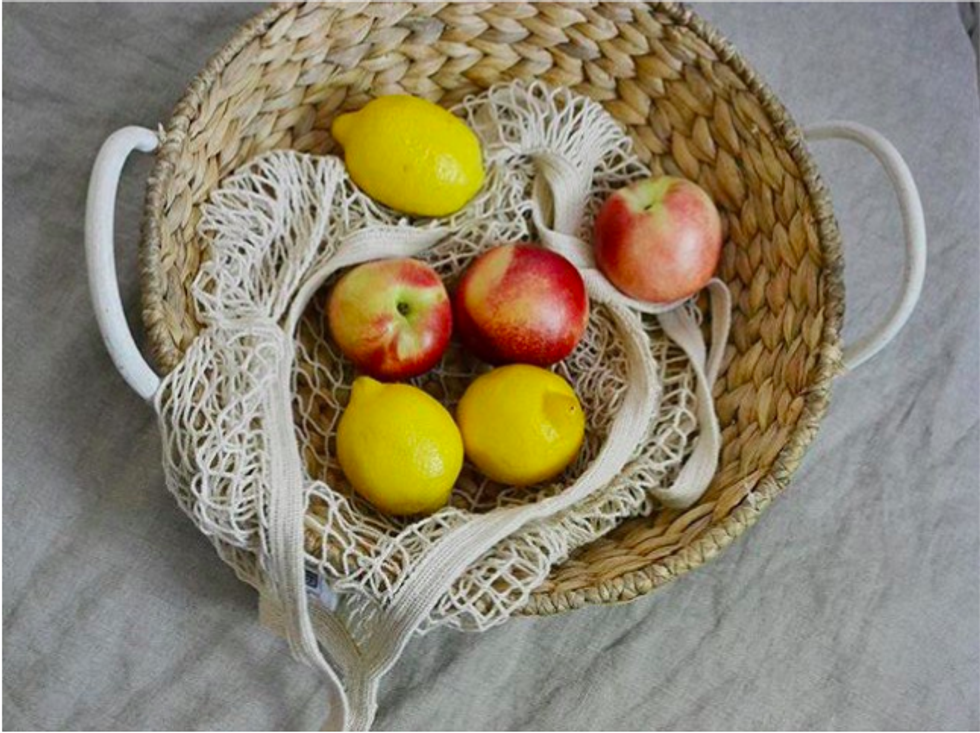
Instagram / packagefreeshop
Every time you go to the grocery store, chances are you're putting plastic bags into plastic bags, and only use them to carry your food home. Most of us are familiar with reusable shopping bags, but you can also use mesh bags to store your produce, so you don't waste those tiny produce bags. Even better, visit a farmer's market to get local produce that doesn't take fuel to travel.
Get a biodegradable phone case.

Instagram / pelacase
We go through phones every few years, which always calls for a new piece of plastic to protect it. Companies are now making biodegradable cases out of flax straw fiber or non-GMO corn rubber that keep your phone, and the earth, safe.
Bring your own drink cups.
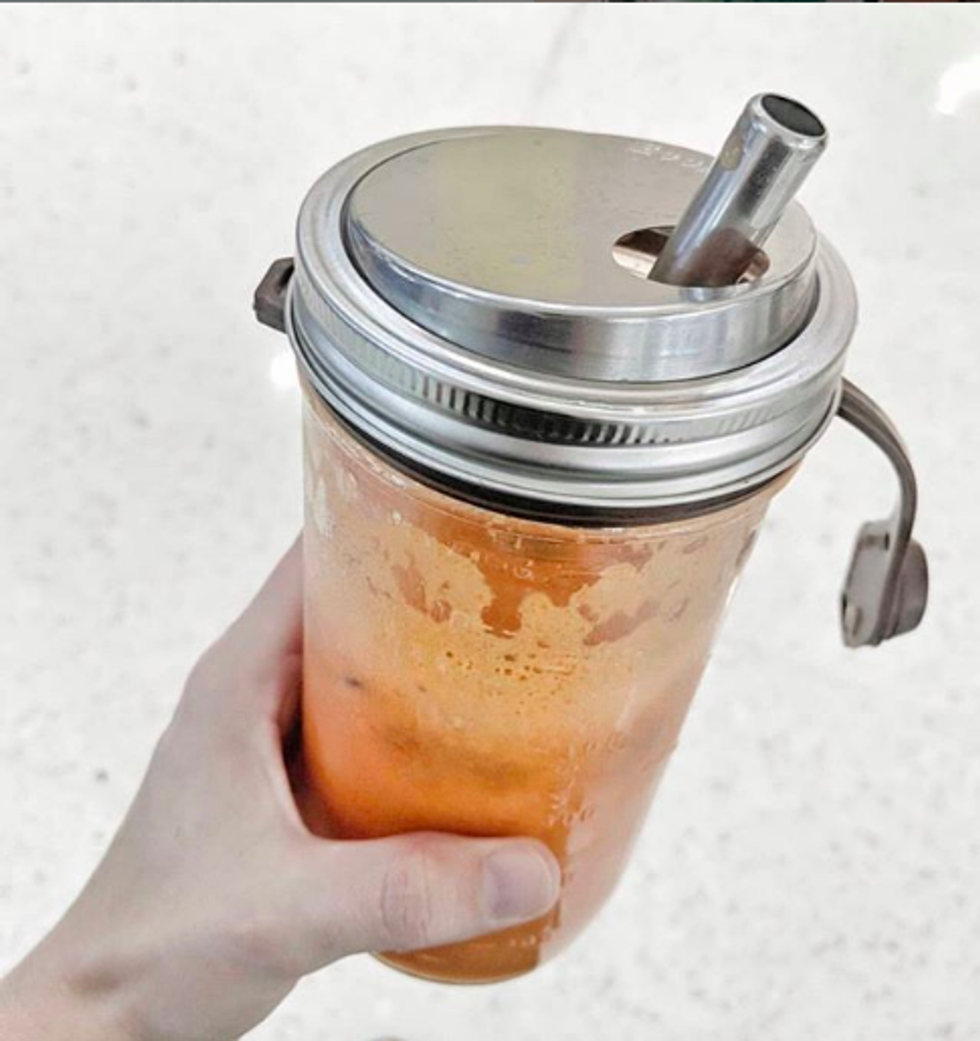
Instagram / wastelessgirl
Reusable water bottles are becoming more and more popular and for good reason. Plastic bottles are unhealthy, containing toxins that seep into the water. But, reusable cups aren't just for water. Bring your own cup to get your morning coffee or whenever you go get food. You'll quickly realize how much less plastic trash you're producing.
Carry around reusable utensils.
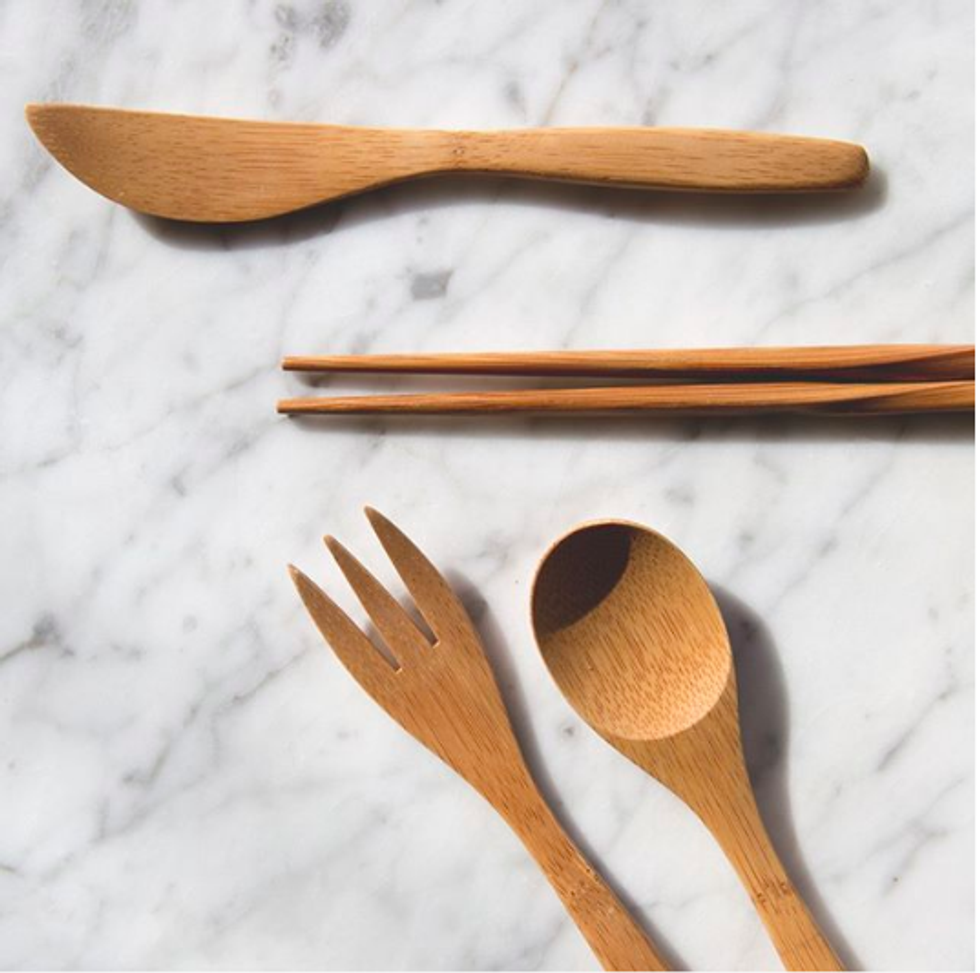
Instagram / packagefreeshop
You never really use plastic utensils for more than 10 minutes, so it makes sense to stop using them altogether. 10 minutes of use isn't worth a lifetime of attempting to break down in a landfill or in our oceans. Reusable utensils can come in their own little pouches so you can stick them in any bag and always be prepared.
Forget plastic shampoo and conditioner bottles.
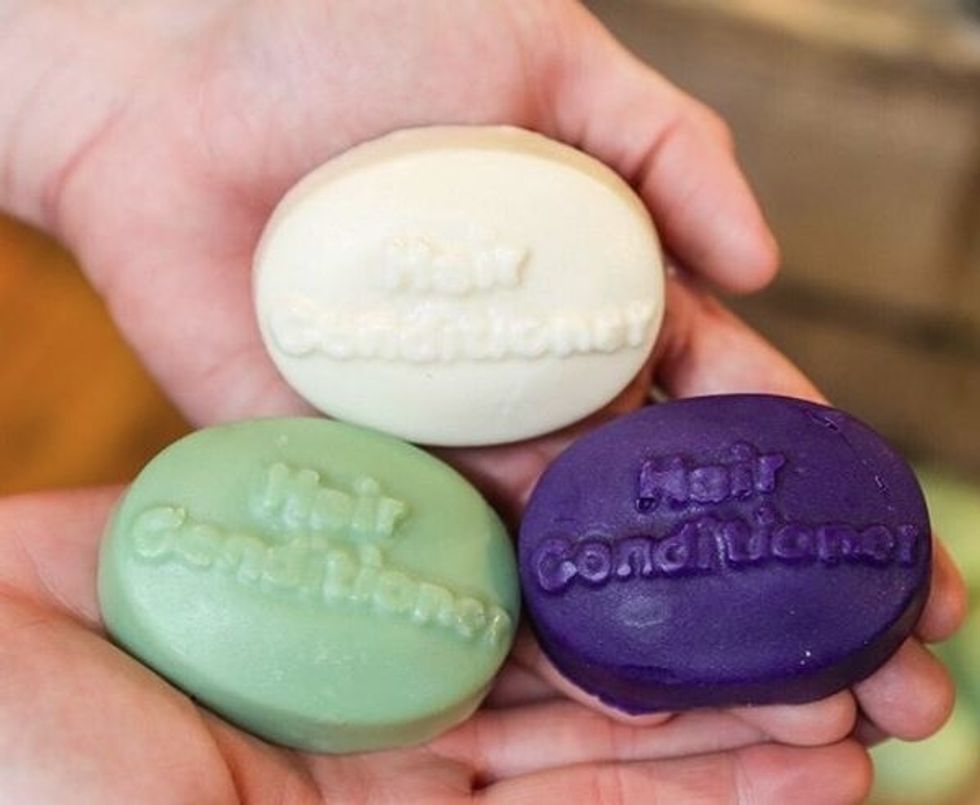
Instagram / lushcosmetics
A lot of beauty and hair care products come in plastic bottles. These are things that we buy all the time and are constantly replacing.
Search for shampoo and conditioner bars that come in boxes or have no packaging at all or things that come in glass bottles that you can reuse. Some companies sell large refill containers to eliminate the constant buying of more plastic products.
Stop chewing gum.
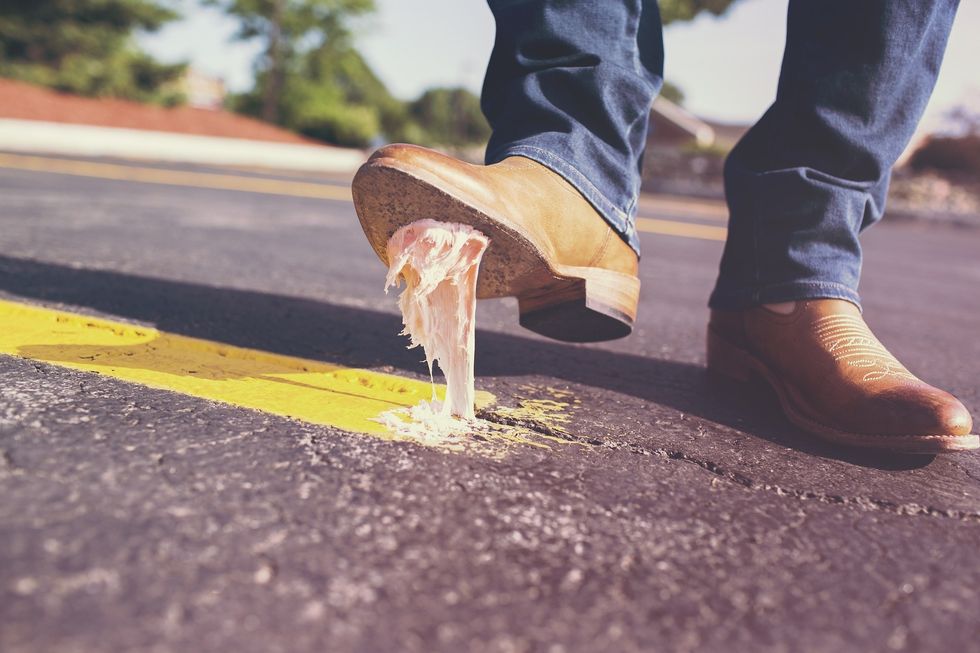
Piaxaby
Gum is made from polymers, meaning we are chewing on synthetic plastics. Gum also usually contains polyisobutylene, which made up the sludge that covered animals during the Gulf Oil Spill in 2010. Gum is not biodegradable—it could take hundreds of years to decompose, and most of it isn't even thrown away.
Scientists are starting to make biodegradable gum, so maybe you won't have to stop chewing it for long...
Ditch the cling wrap.
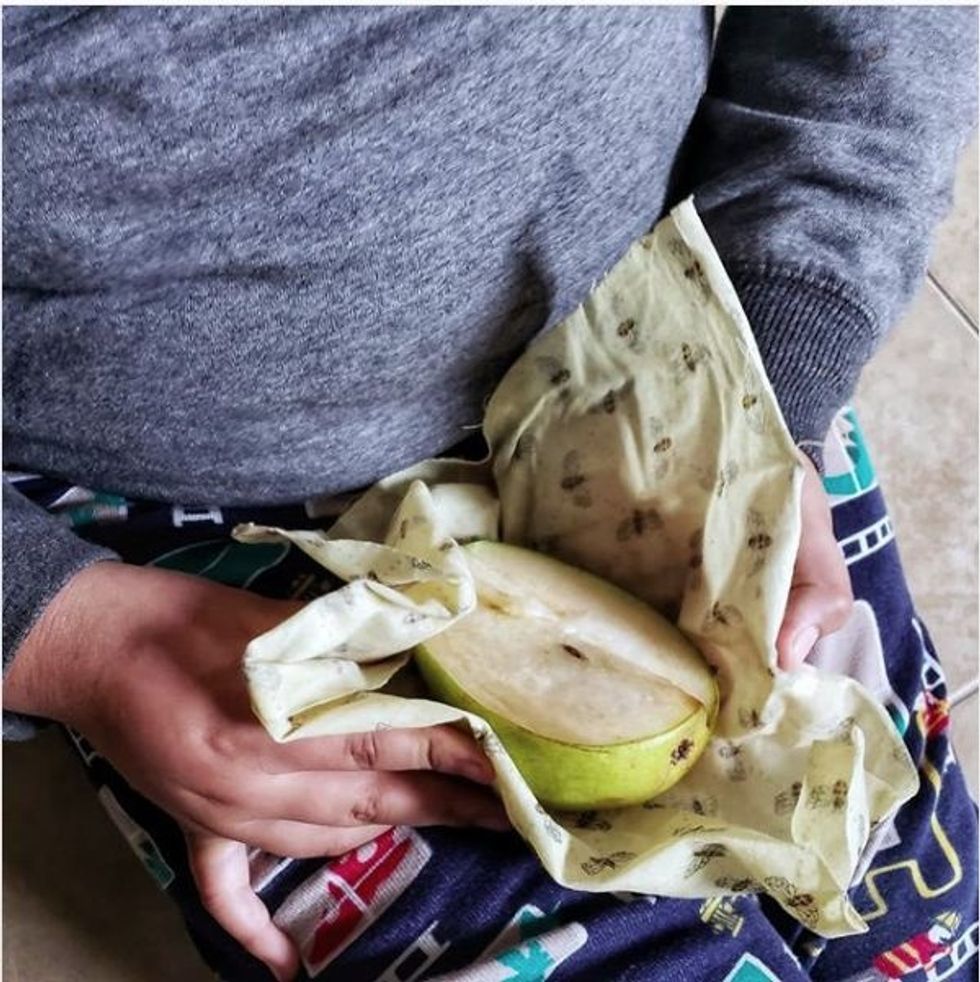
Instagram / wrappawraps_
Aluminum foil can sometimes be recycled—but an even better option is a natural product, such as a food wrap made of soy wax or beeswax.
Make use of grocery store bulk bins.
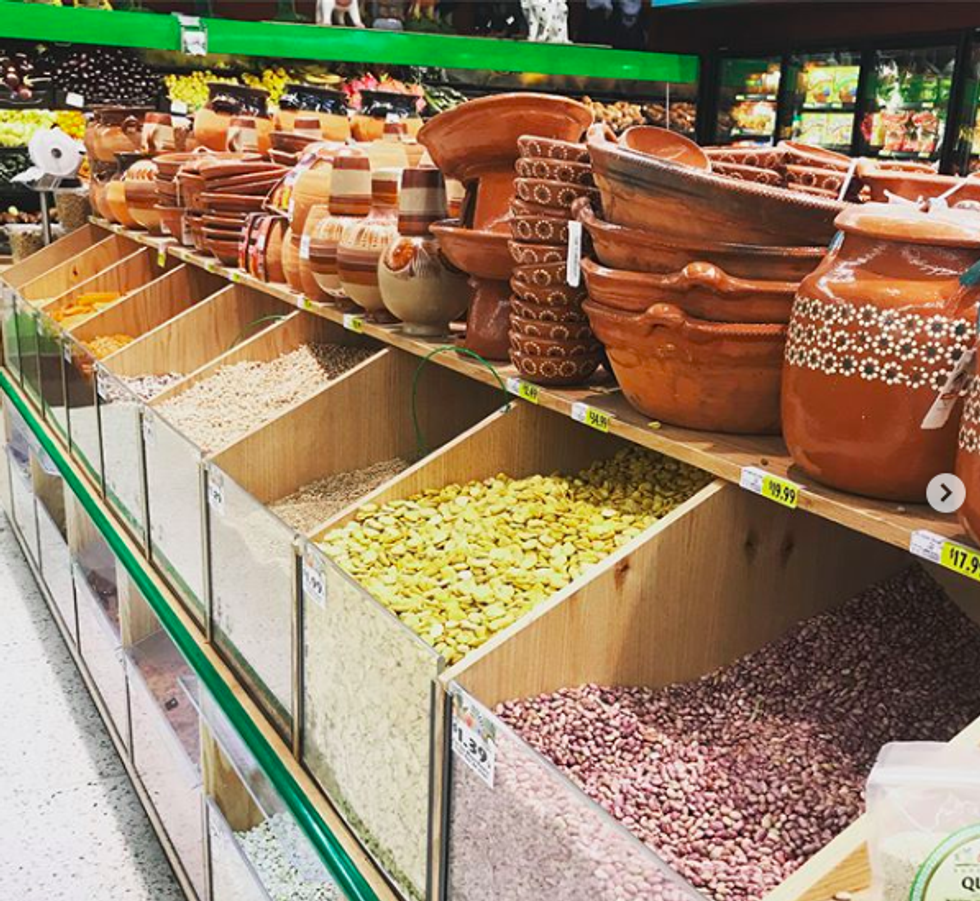
Instagram / zerowasteguy
Bulk bins allow you to fill up your own container with as much of a product as you'd like. Storing food in your own containers will drastically reduce your plastic use. If you can't buy certain foods in bulk, try searching for items in boxes or glass containers.
Use a bamboo toothbrush.
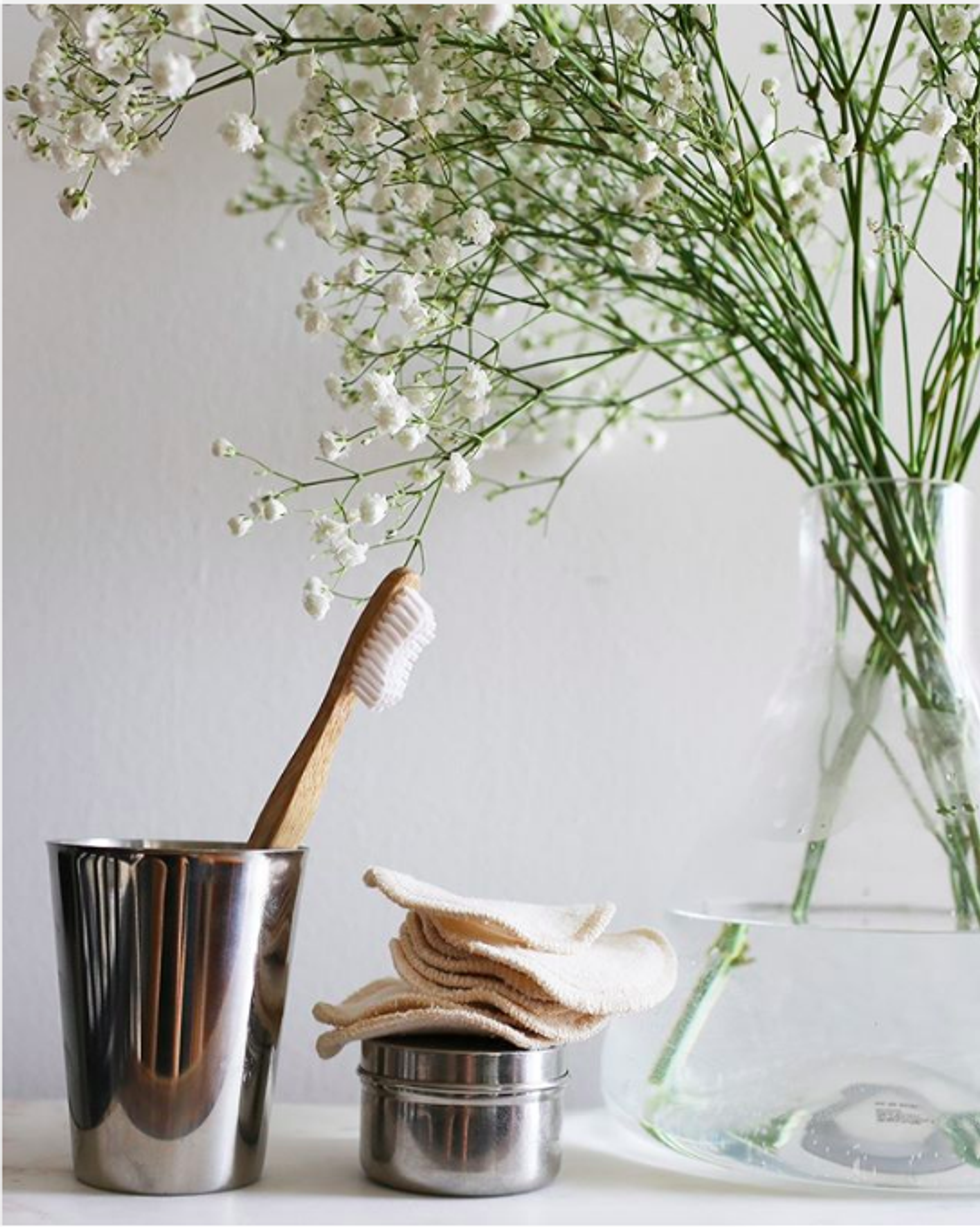
Instagram / packagefreeshop
We change our plastic toothbrushes every three to four months for our entire lives. Bamboo toothbrushes are easy to come by and are so much better for the environment.
Invest in a steel razor.
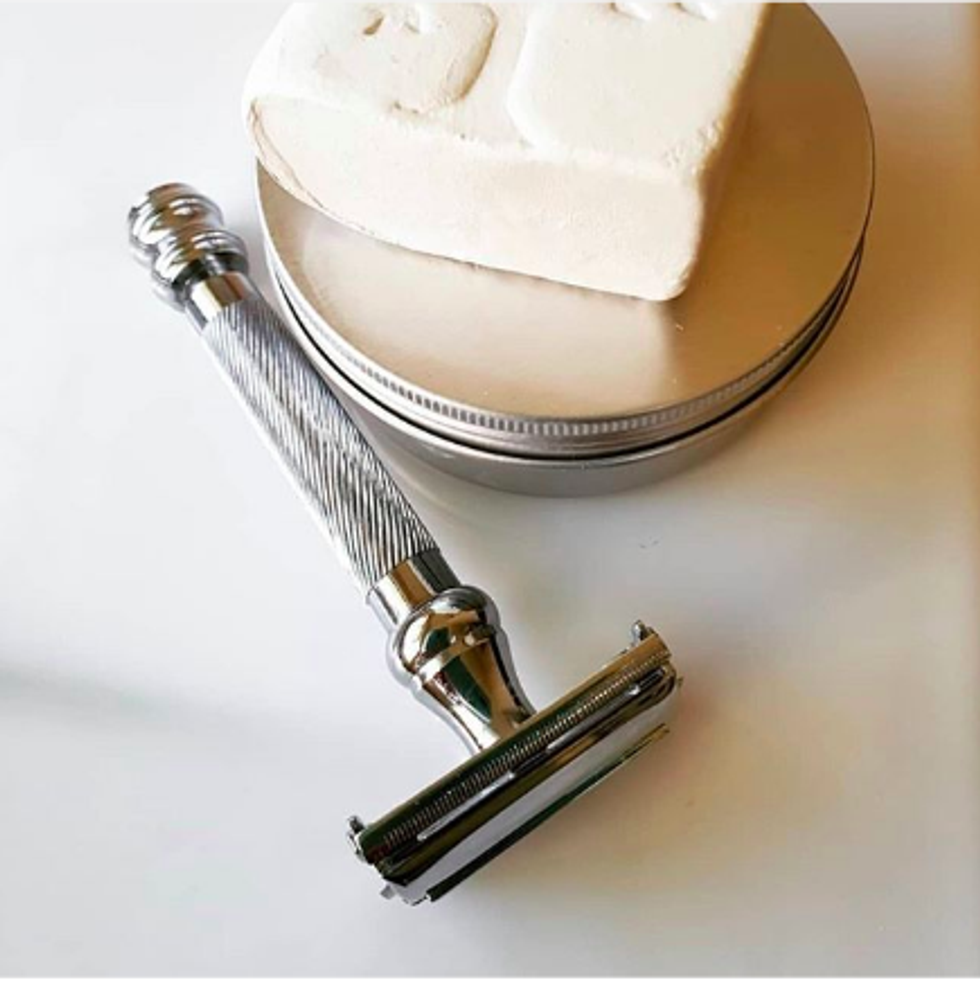
Instagram / biomestores
Like toothbrushes, razors are something that we throw out and replace constantly. So why not get a steel one and switch out the blades? Many people say it's the best shave they've ever experienced, so it's a no brainer to make the switch.There are some amazing resources online that provide you with all your plastic-free needs in one place. So, start small with at least one of these suggestions and make a conscious effort to eliminate as many single-use plastic products from your lifestyle as you can. The environment will thank you.














